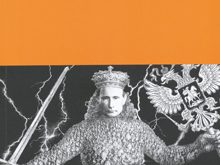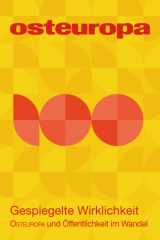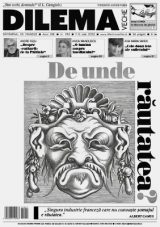
Herr des Hügels
Stabilität und Fragilität postsowjetischer Regime
Anders als Demokratien können Autokratien nur stabil sein, wenn sie die materiellen Erwartungen der Bevölkerung befriedigen. Dazu benötigen sie leistungsfähige staatliche Institutionen. Das stellt autokratische Herrscher vor ein Dilemma: Solche Institutionen gefährden die intransparente Verteilung von Ressourcen an die Machtelite, auf die sich das Regime stützt. Auch sind Autokratien daher äußerst anfällig für Verwerfungen der Weltwirtschaft. In Krisensituationen können sie mit einer teilweisen Öffnung des Regimes für breitere Elitenkreise reagieren. Versuchen sie, den Status quo zu erhalten, drohen Stagnation und Verfall oder eine offene Diktatur.



